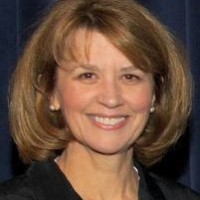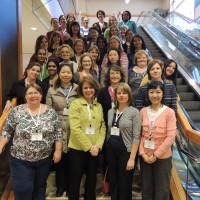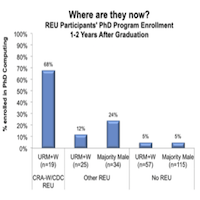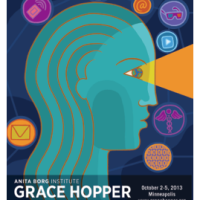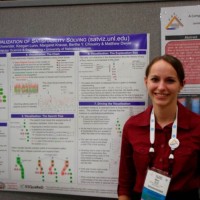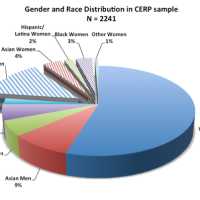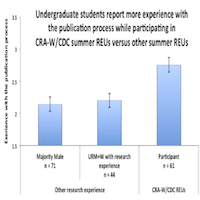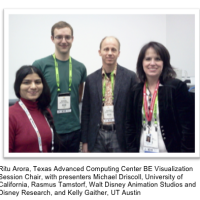
Expanding the Pipeline: SC13 Supercomputing Conference
On November 16, 2013, in Denver, CO, the Broader Engagement (BE) Program at the Supercomputing conference opened its doors the day before SC13 to begin this year’s growing event. Kicking off the workshop, three key inclusion activities provided a solid introduction for newcomers to the SC experience.



